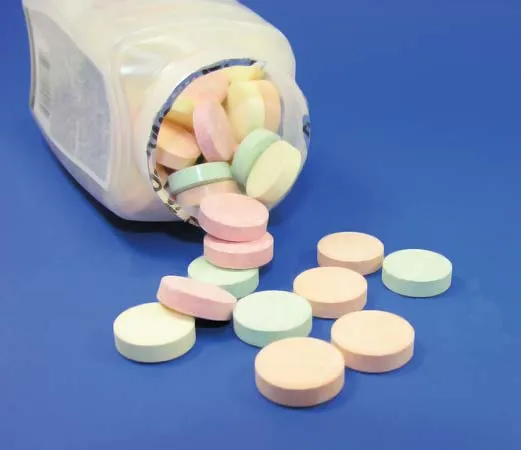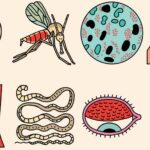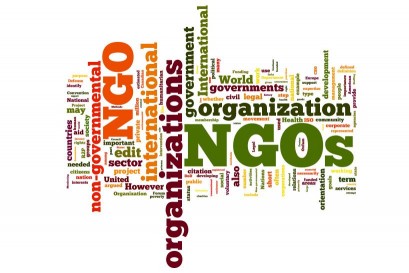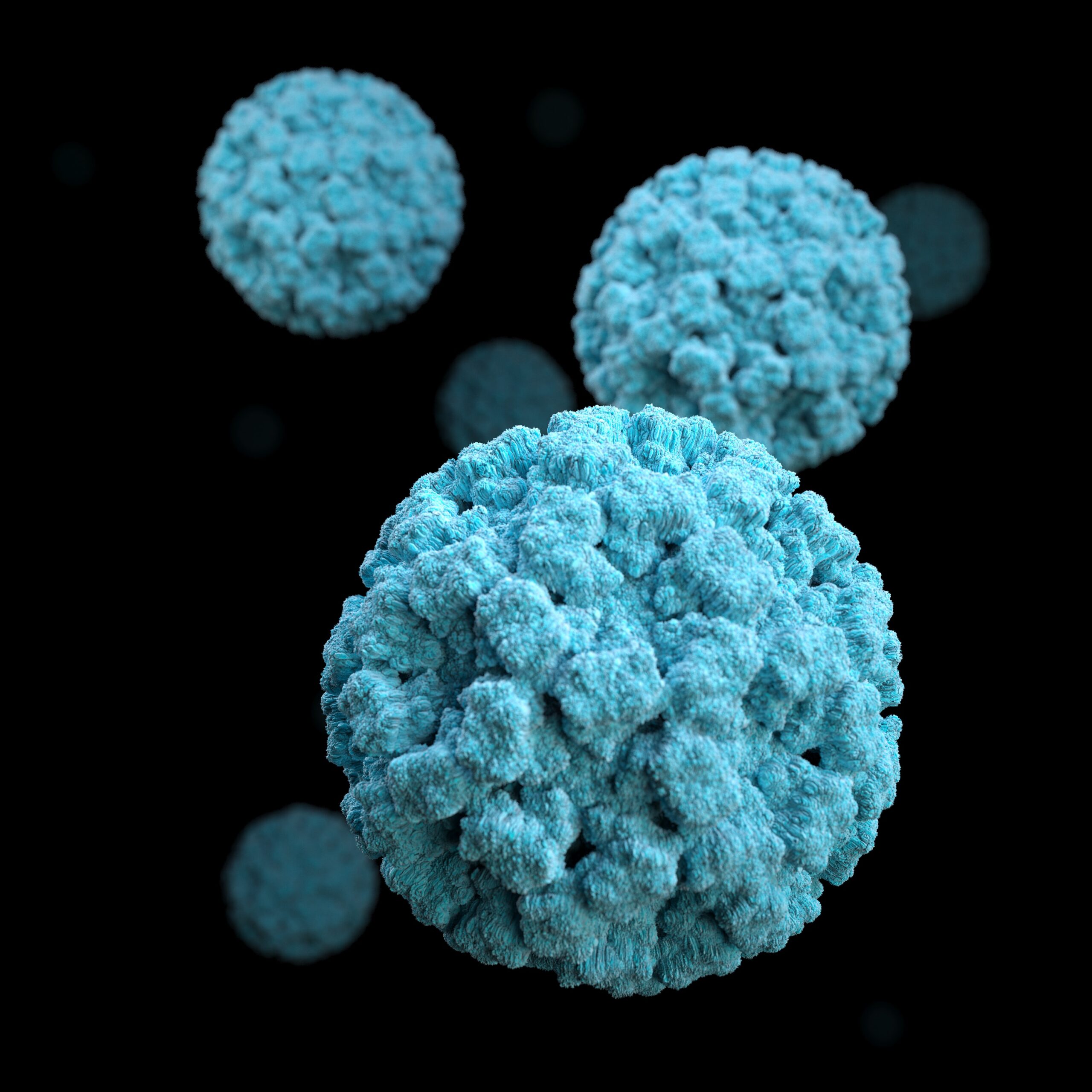Millions of Doses of Drugs to Combat NTDs to be Distributed in Bauchi, Gombe, and Jigawa

In a crucial move to address the spread of Neglected Tropical Diseases (NTDs), health agencies in Bauchi, Gombe, and Jigawa states have unveiled plans to distribute over two million doses of drugs. As part of their comprehensive approach, the states are also intensifying sensitization activities and providing training to health personnel to bolster surveillance, detection, and treatment of these diseases. Health officials shared these developments in exclusive interviews with the News Agency of Nigeria (NAN) in Bauchi, Dutse, and Gombe.
NTDs, a diverse group of tropical infections, are prevalent among low-income populations in developing regions of Africa, Asia, and the Americas. These diseases are caused by various pathogens, including viruses, bacteria, protozoa, and parasitic worms (helminths).
While NTDs are distinct from infectious diseases like HIV/AIDS, tuberculosis, and malaria, their impact in sub-Saharan Africa is comparable to the combined effect of malaria and tuberculosis. Therefore, the implementation of effective strategies to combat NTDs is of paramount importance in the region.
With the planned distribution of two million doses of drugs, these states are taking significant steps to curtail the spread of NTDs and improve public health outcomes. The drugs’ administration is expected to be a vital component of the states’ efforts to control and eliminate these debilitating diseases.
NTDs present unique challenges, but through enhanced sensitization activities and the training of healthcare personnel, Bauchi, Gombe, and Jigawa aim to bolster their capacity for early detection, timely treatment, and effective disease management. By focusing on these aspects, the states can make substantial progress in reducing the burden of NTDs and ensuring the well-being of their populations.
The commitment of these health agencies to address NTDs underscores the importance of regional collaboration and targeted interventions. As a health reporter, I will closely monitor the implementation of these initiatives, seeking insights from experts and affected communities to provide comprehensive and accurate coverage of this critical public health issue. By shedding light on the efforts to combat NTDs, I hope to raise awareness and contribute to the ongoing dialogue about the importance of addressing neglected tropical diseases for the overall health and prosperity of these regions.
To control the disease, the Bauchi government has concluded arrangements to distribute 1.9 million doses of drug to curb the disease in the state. Mr Dahiru Mahmoud, Director, Diseases Control, Bauchi State Healthcare Development Agency, said the agency would distribute 1.9 million doses of drugs to children from two to 18 years.
“We also embark on sensitisation to promote of hygiene and sanitation in the society,” he said.
In the same vein, about 441 health workers had been trained on detection and treatment of NTDs across 11 LGAs of Gombe State. Abubakar Aliyu, Coordinator, NTDs in the state’s Primary Healthcare Development Agency, said personnel would screens suspected cases to enhance detection and treatment of the diseases.
According to Aliyu, Onchocercias, Lymphatic Filariasis, Schistosomiasis, and Trachoma are mire prevalent in the state. He said Onchocerciasis disease is spread through repeated bites by infected black flies, adding that the disease is common in farming communities who predominantly engaged in farming activities.
“Tablets are being distributed according to the person’s height, the drug distribution is a preventive measure in the endemic communities.
“Drugs for treatment of Lymphatic Filariasis, commonly known as Elephantiasis are also distributed, and those with hydroceles (swelling of the scrotum in males) and eye diseases undergo screening and surgeries,” he said.
The gesture, he said, was part of comprehensive campaign to eradicate NTDs by 2030. Aliyu stressed the need for improved Water Sanitation and Hygiene (WASH) activities to control NTDs. In Jigawa, the state government has restated commitment to eradicate NTDs through effective prevention and treatment of the diseases.
The PHCDA Coordinator, Ashiru Adurrahman said the state government was working in collaboration with the Federal Government and development partners to put a final onslaught on the diseases.
“The state through its partners, such as Health and Development Support (HANDS) programme is fully committed to ensure the availability of medication, training of personnel and logistic support for the smooth running of the programme.
“The government also engaged traditional and religious leaders in mobilisation and awareness creation at the grassroots.
“The level of response and preparedness to stem outbreak of the NTDs is always high,” he said.
On NTDs burden, Abdurraman said that 167 communities in 17 of the 27 LGAs are Onchoceriasis endemic. He said that a recent epidemiological mapping survey indicated the affected areas are now free of the diseases.
“There are 243 NTDs endemic areas in 19 of the 27 local government areas of the state.
“We conducted a mapping survey to have clear status of what we have been doing and no single case found. This means we’ve succeeded in tackling the diseases.
“However, Lymphatic Fillarasis disease is endemic in all the 27 LGAs, while the state succeessfully eradicated Soil Transmitted Helmentis disease in 23 LGAs”.



